16, May 2020
French Cameroun Politics: Six opposition figures arrested for distributing face masks 0
Six opposition activists have been arrested in Cameroon for distributing face masks and disinfectant gel, their lawyers and Human Rights Watch said Friday.
The six were arrested on Monday in a busy market in the capital Yaounde. They are all supporters of main opposition leader Maurice Kamto, who lost the 2018 presidential election to veteran leader Paul Biya.
Cameroon’s government has banned an initiative by Kamto to collect funds to fight the novel coronavirus, ordering banks to close its accounts and freeze the money.
Communication companies have also been told to close mobile accounts opened to support the fund.
There have been 3,000 coronavirus infections and 139 deaths in Cameroon, which ranks among the worst affected African countries.
Hippolyte Meli, one of the lawyers for the six detainees, told AFP that they were being held for “the illegal distribution of masks and hydroalcoholic gel.”
Cameroonian authorities contacted by AFP have not commented so far.
HRW said the six were accused of “rebellion” — an act that could fetch them up to four years in jail, if convicted.
“Earlier in May, the health minister rejected a donation by Kamto’s initiative of 16,000 protective and surgical masks and 950 COVID-19 screening tests, claiming the initiative had not been legally established,” the rights monitor said.
“Distributing free masks to those who need them is not rebellion and it certainly should not land people in jail. Cameroonian authorities appear to be more concerned with defeating the opposition than protecting public health.”
Biya, 87, has ruled Cameroon since 1982 and he has not appeared on television since the pandemic broke out.
Source: AFP
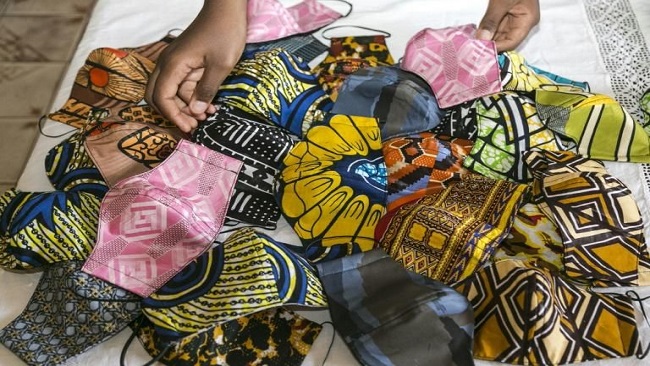

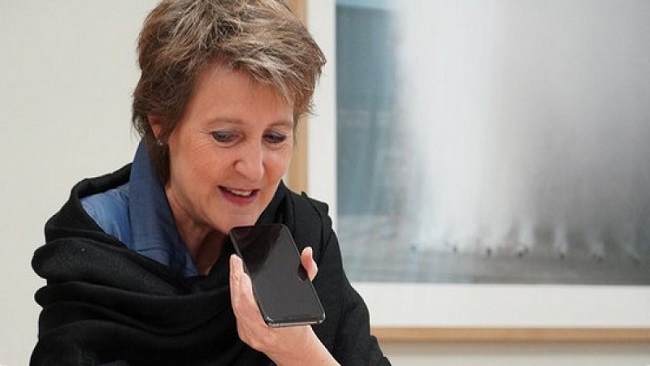
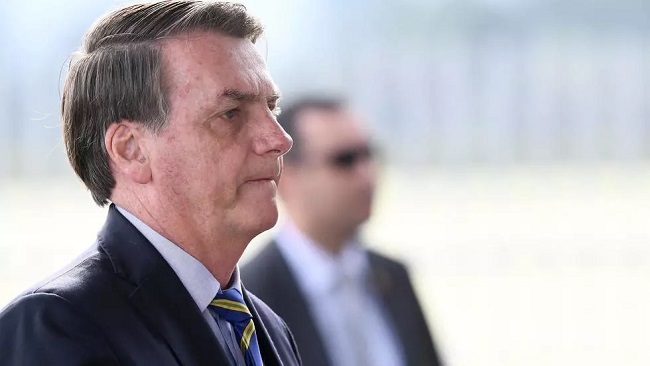

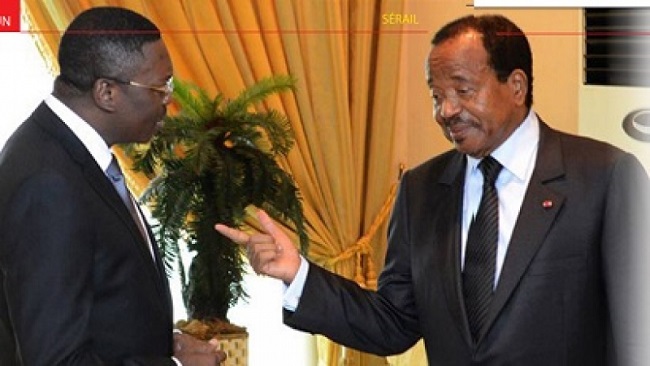
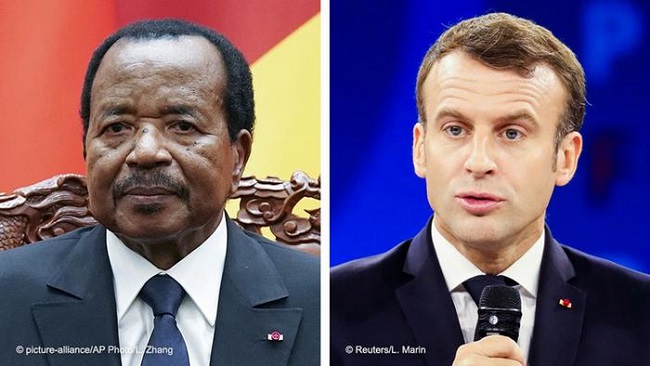

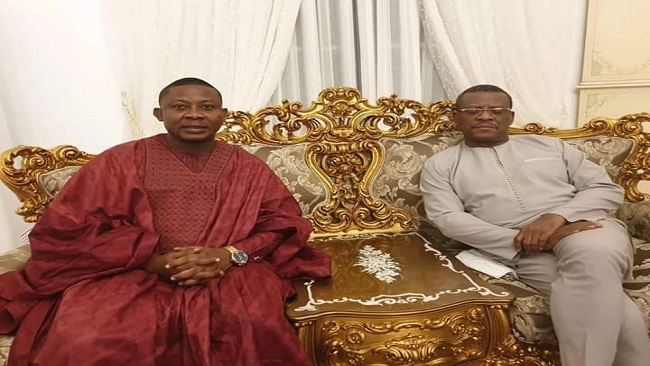

















19, May 2020
Defections rob France’s Macron party of parliamentary majority 0
Left-leaning lawmakers defected Tuesday to rob President Emmanuel Macron’s party of its outright majority in France’s National Assembly in a symbolic but non-paralyzing setback for the embattled reformist leader.
Seventeen members of Macron’s La Republique En Marche (LREM) party said they had formed a new political grouping named “Ecology, Democracy, Solidarity” (EDS) to pursue greener policies, “modernize” the political system, and reduce social inequalities.
“After COVID-19, nothing will be like before,” they said in a statement. “We can do more and better in the National Assembly.”
The 577-member assembly is the lower house of parliament, but has the final say on most legislation over the upper house or Senate.
Macron’s then-brand-new LREM took 308 seats in 2017 elections that saw the centrist leader sweep to power from relative obscurity.
Lawmakers have quit the party at a trickle since then, and it was finally left with 288 seats on Tuesday — one fewer than the 289 required for an outright majority.
The governing party insisted that Tuesday’s loss was not “cataclysmic,” as it could continue to rely on smaller, allied parties for a voting majority in the assembly.
Macron’s popularity has zigzagged as he has fought a succession of political battles starting with the so-called “yellow vest” rebellion of 2018-2019 that was sparked by widespread anger against a leader seen by critics as the president of the rich and out of touch with ordinary people.
That was followed early this year by France’s longest continuous transport strike over the former investment banker’s plans to reform the country’s pension system.
This month, an opinion poll showed only about a third of French people had confidence in Macron to manage the country’s problems.
This came as the country looked to Macron to spearhead the fight against the coronavirus outbreak that has seen the economy tank in spite of several billions of euros in government interventions to prop up businesses and save jobs.
One of the vice-presidents of the new EDS grouping is Cedric Villani, who opted to stand as an independent candidate for Paris mayor in the March local elections after Macron chose someone else to represent the party.
Villani denied Tuesday that any “rebellion” was at play.
In its declaration, the EDS listed 15 priorities that included “industrializing” the economy, seeking “real transparency” in politics, and boosting a public health system caught ill-prepared for the coronavirus crisis.
Two-thirds of the group’s members are women.
(Source: AFP)